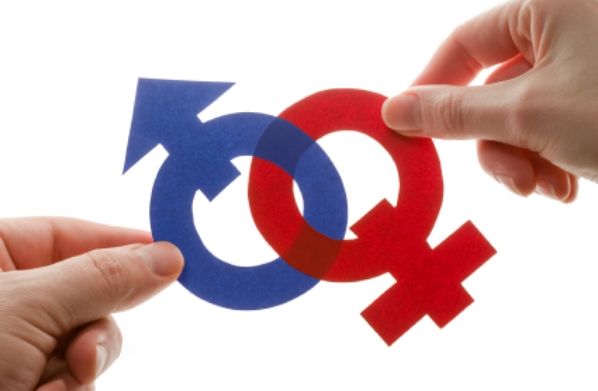Mo'ne Davis, a 5'4" little league pitcher, has received a lot of attention during this year's Little League World Series. She throws fastballs in the 70-mph range, hits well and plays solid defense (sometimes at shortstop). She's also composed and humble in her media interviews. What an impressive young athlete. Her future is bright.
When I watch Mo'ne play, I can't help but think of Title IX, the statute that requires that men and women have equal educational opportunities… even in sports. While the principle behind Title IX is popular and noble, the execution has taken the wrong approach by imposing a de facto quota system on college sports.
Mo'ne isn't the first young woman to play little league ball. Like Alicia Hunolt and Victoria Ruelas before her, Mo'ne will have to face difficult decisions as she goes to college, where there are no women's baseball teams. She could play softball at the collegiate level, or she could do as she says she wants and play college basketball.
The data is very clear that Title IX has resulted in more women playing sports. That's not a bad thing! But the truth is that Title IX's quota system has had some unintended effects.
First of all, quotas aren't about the spirit of Title IX — equal opportunity. Quotas are about equal outcomes. As fascinating and talented as Mo'ne is, she is a rarity. Soon she will head to high school where in 2013, only 1,259 girls played high school baseball compared with 474,791 boys nationwide. That doesn't mean she shouldn't have the opportunity to play — she should. But clearly boys show a greater interest in baseball than girls, and this is true for sports as a whole. And boys are about twice as likely to say that sports are a "big part of who they are." So it shouldn't be problematic if more boys than girls end up participating in sports. This is largely a reflection of interests, and it isn't something we should try to "fix" with quotas.
Secondly, and perhaps even more unforeseeable, has been the mass takeover of college enrollment by female majorities. Title IX's quota system requires that athletic participation rates among female and male students reflect the population of the campus as a whole. Now that women account for 57 percent of college students, this means that colleges need to have a nearly equal percentage of their athletic teams comprised of female athletes to stay in compliance. So now colleges aren't just trying to make participation in sports 50/50 among women and men, but because there are more women in college, more athletic opportunities are available for women as well. This is unfair to male athletes, and frankly, doesn't make a lot of sense.
The saddest part of any quota system is what is does to the truly deserving: Quotas water down standards of excellence and call into question the credentials of those who seem to benefit from affirmative action. Mo'ne Davis shouldn't be a statistic. She's exceptional. She deserves credit for playing on a field full of guys. It's not a statute that got her to where she is, and it's not a statute that will be responsible for her future athletic success. It's her individual hard work and talent — that's where the praise belongs.


